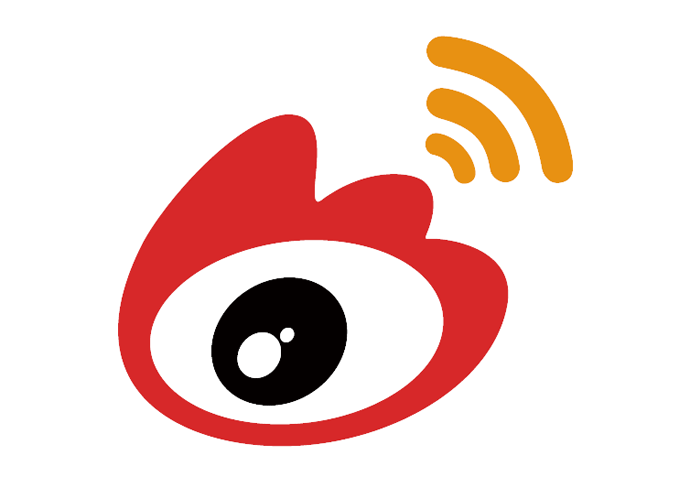Through the ages, various cultures have imparted wisdom and advice concerning pregnancy and birth. Traditions and advice are diverse and often reflect a culture's history, religion and relationship with nature. This is especially true of Chinese culture in which many customs concerning pregnancy are related to ancient Chinese philosophies and spiritual practices.
YinYang
YinYang is an ancient and enduring philosophy that permeates and informs most aspects of Chinese life. The concept of YinYang relates to the dualistic yet interconnected, symbiotic nature of forces in the universe. Traditionally, the Chinese interpret most things from a YinYang perspective--from treating a common cold to explaining the origin of the universe, YinYang is at work. According to the Pacific College of Oriental Medicine, although pregnancy is thought to reflect both Yin and Yang, Yin energy is dominant, which means that energy is received and stored through rest, peacefulness, openness and rejuvenation.
Chinese Herbs to Avoid During Pregnancy
Chinese herbs are used for health, energy and vitality. There are, however, some Chinese herbs that should not be used by pregnant women due to the adverse side effects they can cause during pregnancy, which can transfer to the unborn fetus. Pregnant women should seek medical advice from their doctors before taking any herbal supplements.
Ephedra
Ephedra is an extract of the plant Ephedra sinica. It is most commonly used in Chinese herbal practices to heal asthma, common colds and hay fever. Ephedra is also known as a stimulant and has been linked to numerous negative side effects. According to the MayoClinic.com, consumption of ephedra is linked to such disorders as hypertension, heart disease and in some cases, stroke. All of these disorders are potentially deadly especially to an unborn child if the mother suffers any of these side effects.
Goldenseal
Goldenseal is known as an orange herb and is most commonly recognized by its bitter taste. Goldenseal is used to help cure cold sores and to reduce swelling in breast cancer patients. It is also used to treat gastrointestinal disorders, constipation and even reduction of fever. It can cause a variety of negative side effects if used by women who are pregnant or breastfeeding. According to the Center for Complimentary and Alternative Medicine, pregnant women should not take goldenseal because it may cause jaundice in infants. Goldenseal can also cause a potentially life-threatening disorder in infants called kernicterus, which is a form of brain damage caused by excessive jaundice
Dong Quai
Dong quai is a medicinal herb that has been used in China and different Asian countries for centuries. It is most commonly known in China as Chinese angelica. It has many uses including treating anemia, fatigue and in some cases, high blood pressure. It can be potentially dangerous if taken by pregnant women. According to the University of Maryland Medical Center, the use of dong quai can cause miscarriage as it provokes contractions during pregnancy.




沒有留言:
張貼留言